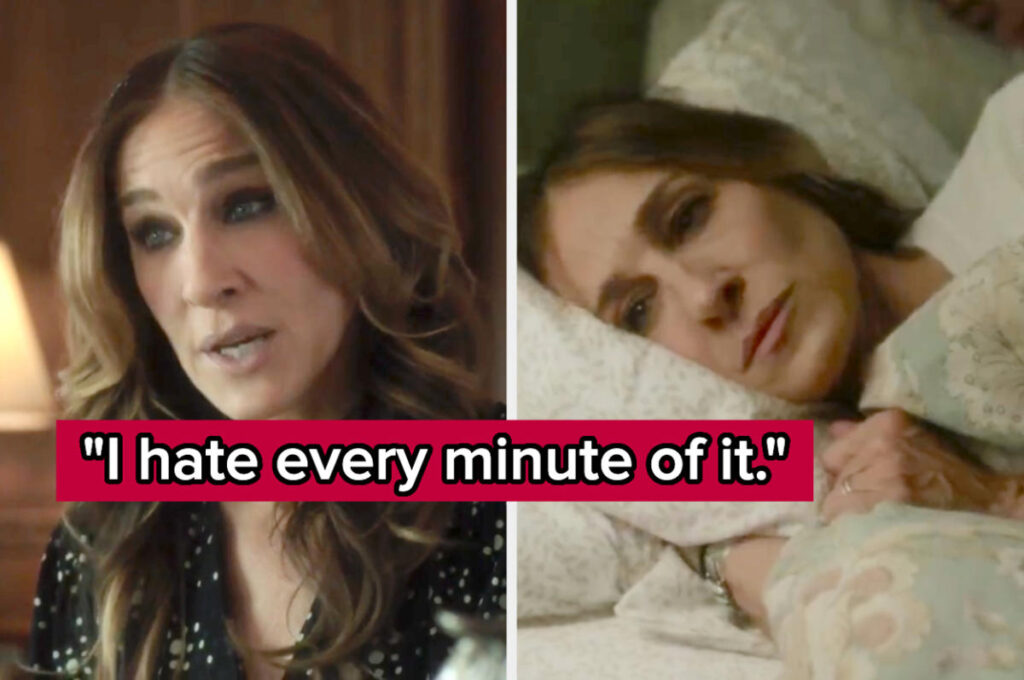In a recent inquiry to the BuzzFeed Community, individuals were asked to share their reasons for remaining in unhappy marriages. The responses underscored a complex interplay of emotional attachments, practical considerations, and societal expectations. Many shared deeply personal stories, highlighting the tension between love and dissatisfaction, security and risk, and personal desires versus family obligations. For some, the weight of years spent together and shared responsibilities created an emotional inertia that made leaving feel nearly impossible, even when they felt trapped in situations that did not bring them joy.
One respondent who has been married for 35 years expressed a sense of resentment towards her husband, who is emotionally unavailable and fails to share the burden of household responsibilities. Despite feeling miserable, she acknowledges the security offered by their shared financial assets and a comfortable home, indicating that financial stability plays a significant role in her decision to stay. Another participant reflected on her long-standing marriage of 13 years, where religious beliefs have greatly influenced her choice to remain committed, despite her husband being unemployed and unable to provide. Her perspective sheds light on the internal moral struggles many face when contemplating the dissolution of marriage.
Communicating similar challenges, a couple who has been together for 17 years prioritizes their children in decision-making, choosing to stay together despite lack of intimacy and connection. They rationalize their choice by emphasizing the importance of maintaining a stable environment for their kids, who are actively involved in sports and other activities, thus reinforcing the idea that children’s welfare often takes precedence over personal happiness. Another individual acknowledged feeling trapped in a caregiving role for a partner who struggles with securing stable employment, highlighting that compassion and a sense of responsibility can impede personal freedom.
Financial constraints came up repeatedly, with one person expressing that the cost of living on their own would be considerably higher than their current mortgage, leaving them feeling like they were sharing a home as mere business partners. The burden of maintaining a semblance of normality for their child added complexity to their decision to stay. Likewise, a woman who has been disabled for over a decade noted that her marriage has shifted into a friendship, lacking romance but providing stability and companionship, with the practical need for health insurance being a driving factor in their continued coexistence.
In yet another account, an individual on the brink of significant career success expressed dissatisfaction with their marriage, particularly around the imbalance of financial contributions. The fear of divorce and its associated financial repercussions, including potentially paying alimony and adjusting to a new way of life, seemed to have significant emotional weight. The complexity of navigating these financial considerations in tandem with personal feelings of frustration and loneliness illustrates a broader societal issue regarding gender norms and financial dependency in marriages.
Despite the hardships, some respondents expressed a sense of resilience, opting to endure their current situations for the sake of their children. One partner stated that while they had grown apart from their spouse, they remained together because of their commitment to providing a stable foundation for their kids. These narratives combined showcase the myriad reasons individuals linger in unsatisfactory relationships – from fear of economic hardship and emotional turmoil to deep-seated commitments to family welfare, which ultimately serve to highlight the intricate landscape of marital dynamics and personal sacrifices that many navigate.

